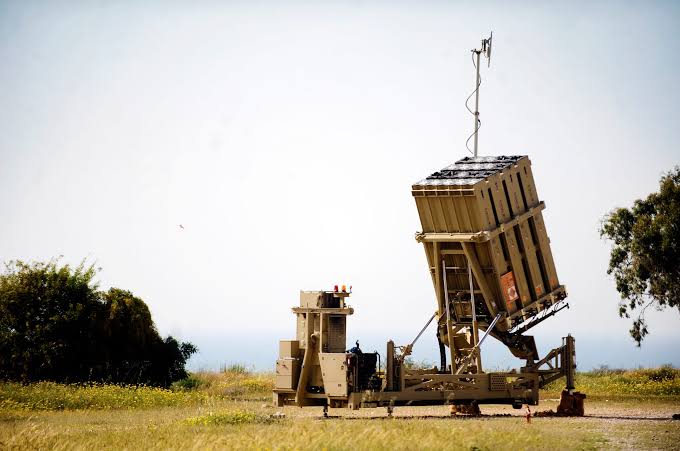2025 Iran-Israel War: A Rapid Escalation with Global Stakes
How the Iran-Israel War Escalated: A Clear Timeline and What It Means for the World
In June 2025, long-standing tensions between Iran and Israel turned into a full-scale war. Both countries launched deadly attacks, causing many deaths and widespread damage. Here’s an easy-to-follow explanation of what happened, why it happened, and the broader global risks.
The conflict between Iran and Israel dates back decades, especially after Iran’s 1979 Islamic Revolution, which led to Iran opposing Israel’s existence. Iran backs groups like Hezbollah and Hamas, which Israel considers threats. Israel fears Iran’s nuclear ambitions could lead to dangerous weapons.
In early June 2025, nuclear talks failed, escalating tensions. On June 13, Israel launched “Operation Rising Lion,” attacking Iran’s nuclear and military sites to stop their nuclear progress.
Israel targeted over 100 locations in Iran, including nuclear facilities and military bases. Iranian sources reported at least 224 killed and over 1,200 injured, including key military leaders and scientists. Civilians were also caught in the attacks.
Iran responded by firing more than 350 missiles and 100 drones into Israel, killing 24 and injuring over 350 people. Cities like Bat Yam and Haifa were hit hard. The Houthis, an Iran-supported group in Yemen, also launched missiles at Israel, widening the conflict.
Israel’s Iron Dome, designed for short-range threats, intercepted about 20-30% of Iran’s faster ballistic missiles—an impressive feat. David’s Sling and Arrow systems defended against medium and long-range missiles. Israel used F-35 stealth jets and drones for strikes, while Iran used ballistic missiles and drones.

Iron dome
Both sides suffered heavy civilian losses. Many women and children were killed in Iranian cities hit by Israeli strikes. Israeli civilians faced missile attacks damaging homes, schools, and hospitals. The conflict has caused fear, injury, and displacement for thousands.
The war has drawn international attention and concern. Russia has expressed willingness to offer help, potentially to Iran, signaling a complicated international involvement. Meanwhile, countries like the US and UK are closely watching the situation. If either country chooses to support one side militarily instead of pushing for peace, it risks escalating the conflict into a wider regional or even global war.
Pro-Palestinian protests in cities like London have called for an end to the bombings, emphasizing the human cost of the conflict. Many fear that if this war continues unchecked, it could destabilize the entire Middle East, drawing in other nations and causing even greater destruction.
As of June 17, 2025, the conflict is ongoing. Both sides continue attacks, with no clear end in sight. The hope remains that cooler heads will prevail before this war destroys one side completely or expands beyond control. A wider war involving global powers would have devastating consequences far beyond the region.
The 2025 Iran-Israel war shows how quickly tensions can erupt into devastating conflict with far-reaching impacts. Advanced weapons and defense systems are on display, but so are the human costs and global risks. The involvement or support by major powers like Russia, the US, or the UK could either help end the war or fuel it further. The world watches nervously, hoping for peace before more lives are lost and more nations get drawn in.